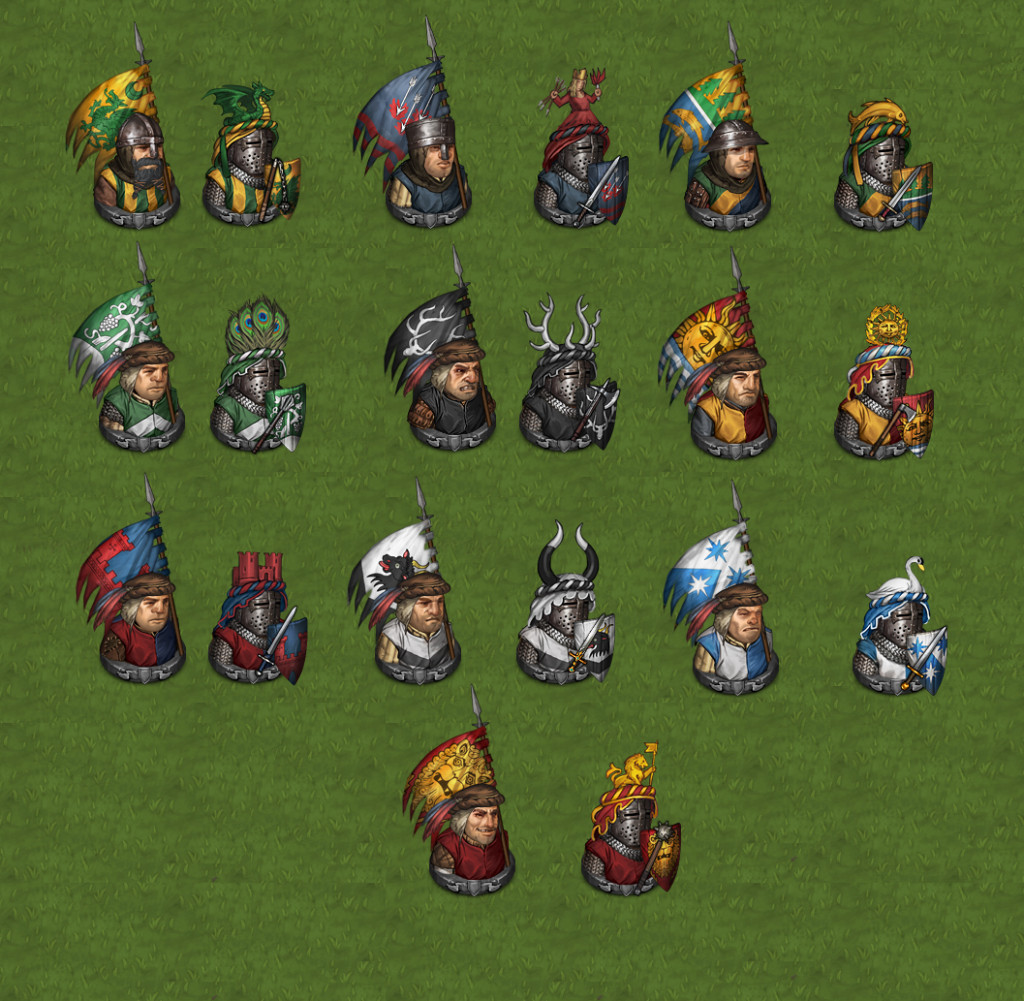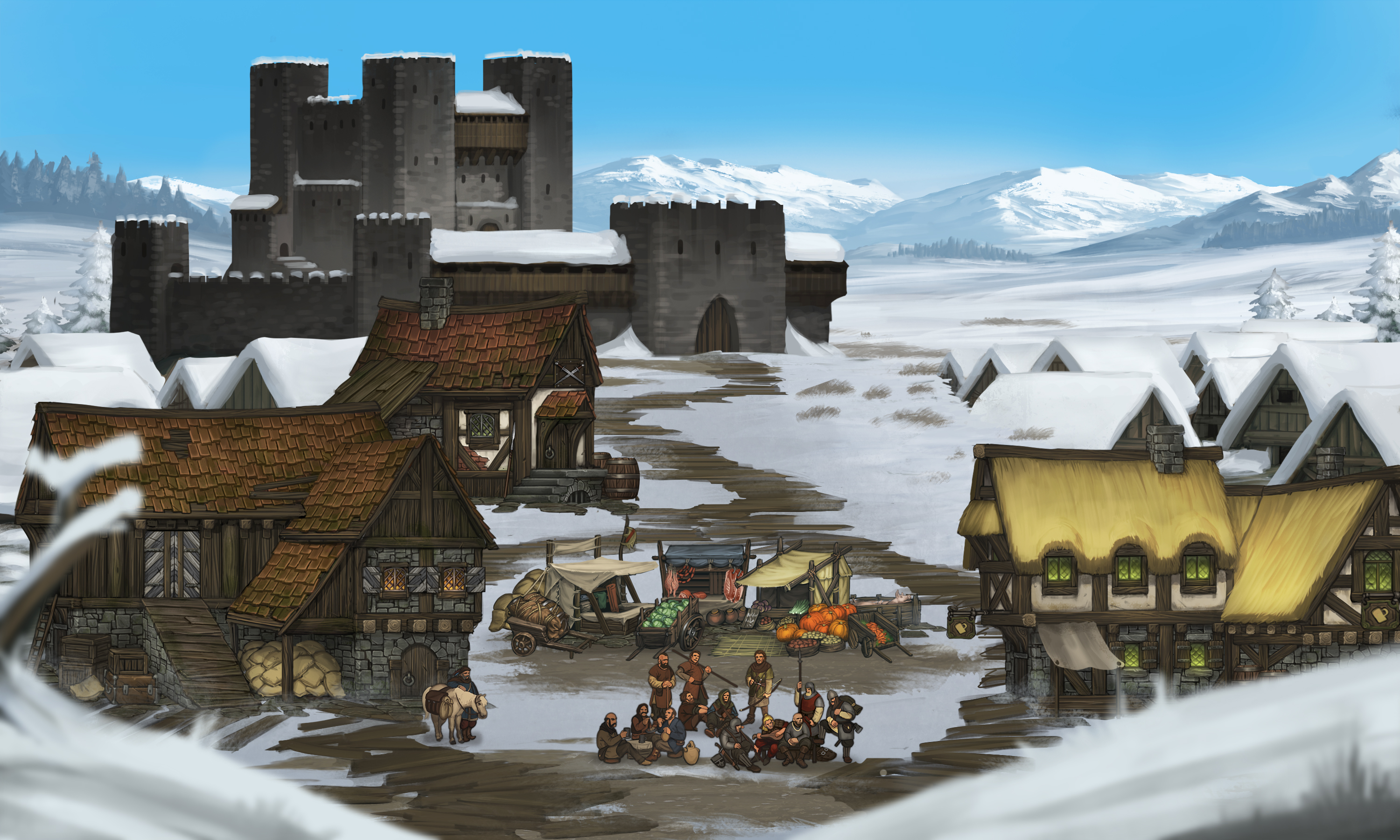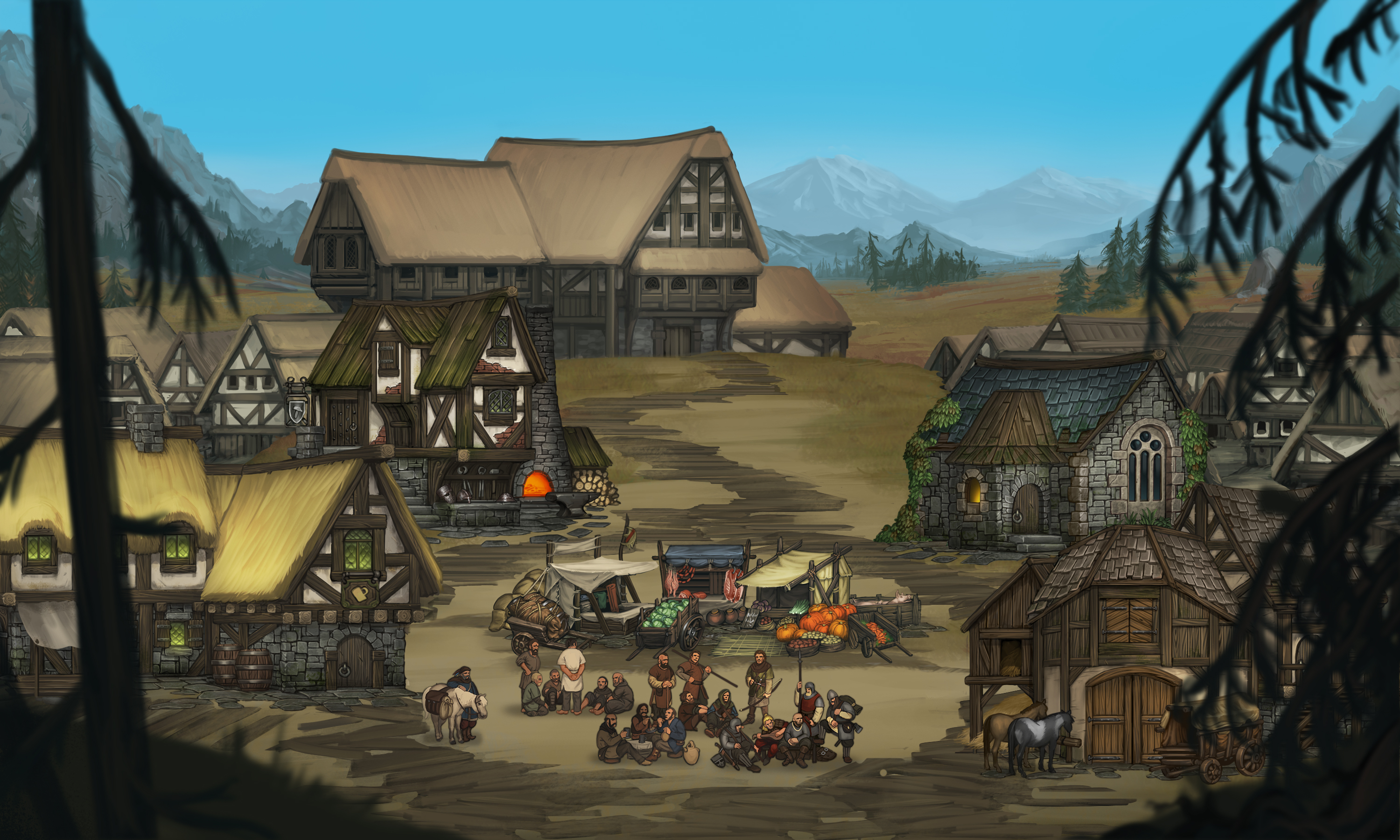vonAchdorf
Arcane
- Joined
- Sep 20, 2014
- Messages
- 13,465
It's not just having an end-goal to work towards, but there being some sort of climax that has build up preceding it so that you get satisfaction out of achieving said goal. Paradox games don't end, they peter out. They don't have a proper ending that the game builds towards, but a point at which you get bored and stop playing the game. Similarly, retirement goals aren't real endings either unless you craft different scenarios for them that influence how the game-world works – taking revenge on a faction makes little sense and is boring if they play no role of note in the world, leave you alone and end up getting wiped out by someone else.
In a game that resolves around tactical combat, there needs to be a fitting rise in challenge and threat escalation for the ending itself to be meaningful to the player. This was nicely doable with the Greater Evil approach because the enemies rise in power made sense within the context of the game (Orc hordes unifying, resulting in them going from local to national threats) and their defeat made sense as both a climax (the enemy has been beaten at their absolute peak) and a point from which the player could continue should they choose to (the enemy has been scattered, but not eradicated). That's why I'm curious about whether they have something else in mind as the climax now that they've moved away from that and towards a game where there is more of an ebb and flow to the world.
That's a valid reason for the encroaching greater evil.
I liked the Pirates! approach of an overall goal in a living (for 1987) world, which was also interesting, because you became (physical) less capable in the end game. In a tactical game with a constant supply of new recruits, it's of course different thing.





























